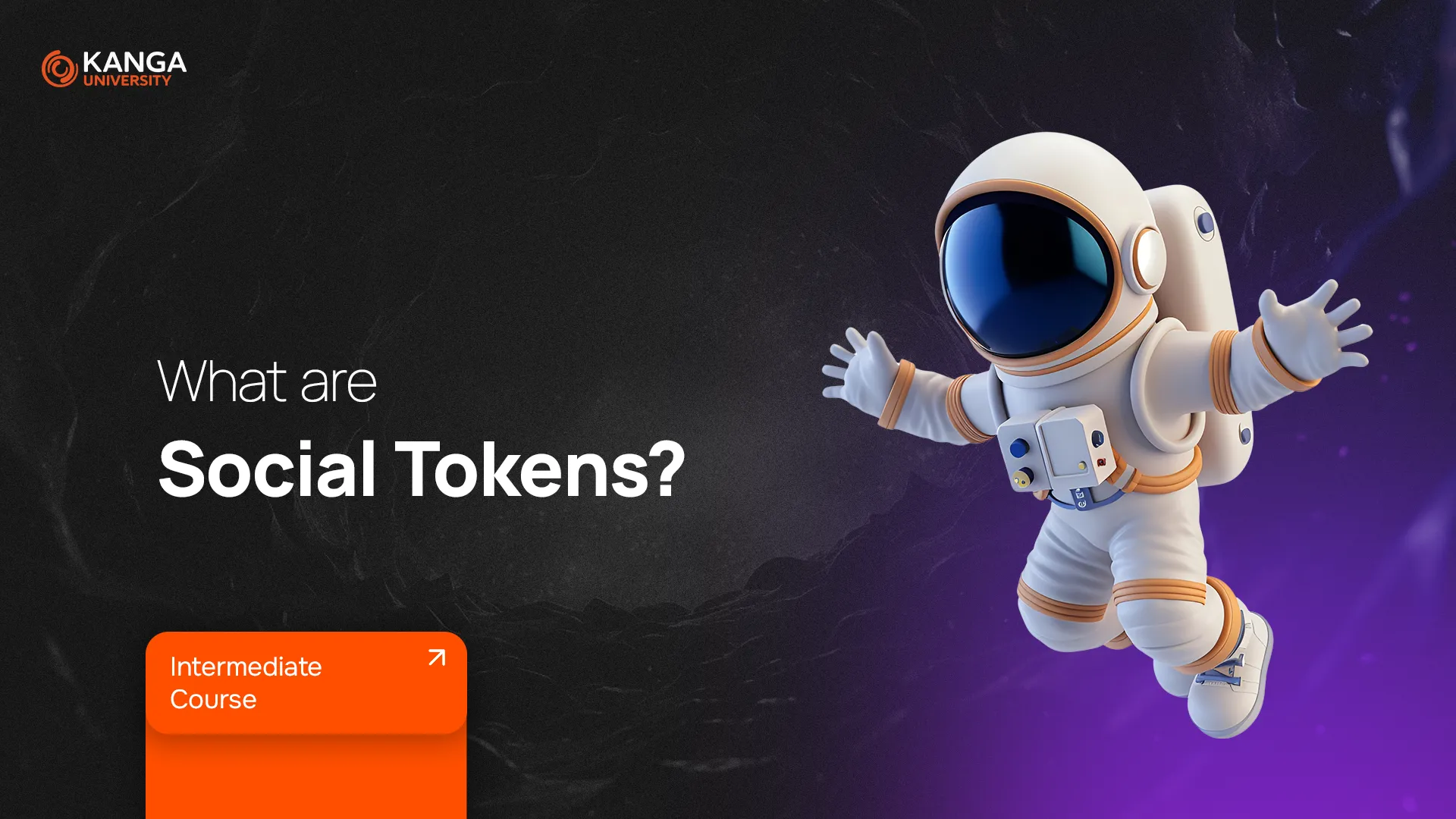
Crypto isn’t just about Bitcoin anymore. A new generation of tokens is changing the way creators, influencers, and brands interact with their audiences. Social tokens are emerging as a powerful tool for community building, monetization, and engagement in the Web3 era.
They’re often confused with NFTs—but make no mistake, these tokens are a different game entirely. So, what exactly are social tokens? How do they work? And why are they getting so much attention?
Let’s break it down.
What Are Social Tokens?
Social tokens are digital assets built on blockchain technology. They’re issued by individuals (like musicians, artists, athletes, or entrepreneurs) or communities to offer their supporters access to exclusive content, experiences, or benefits.
In essence, they act like VIP passes—but on a blockchain. Fans can buy them, trade them, or hold on to them as a form of digital ownership and loyalty.
You might get access to:
-
private chat groups,
-
exclusive Q&A sessions,
-
behind-the-scenes content,
-
early product drops,
-
or even a say in future decisions.
And because they’re tradable, social tokens can increase in value, especially as the brand or creator behind them grows.
Two Main Types of Social Tokens
-
Personal (creator) tokens
Issued by individuals—musicians, influencers, athletes, or thought leaders. These offer special perks tied to their personal brand or work. -
Community tokens
Designed to strengthen and reward a group or collective. They often include governance rights, membership access, or participation in decision-making.
Real-World Examples
-
Sting launched a social token that allows fans to support his music and access exclusive content.
-
Doda, a Polish pop star, created a token giving fans access to private, day-to-day updates.
-
Robert Lewandowski tokenized parts of his personal brand, giving fans exclusive benefits and content.
-
The Shiba Inu community issued a token that grants access to a private Telegram group. Holders can sell it if they leave the group.
Social Tokens vs. NFTs – What’s the Difference?
While both run on blockchain technology, their purposes are distinct:
-
NFTs represent ownership of a unique digital asset—like artwork, video, or music.
-
Social tokens represent access to experiences, communities, or relationships with creators.
That said, they can be combined. For example, an artist might sell NFTs of their work, and at the same time offer social tokens that grant access to online workshops or private streams.
Why Social Tokens Matter
-
Digital ownership: You actually own the token—and its perks.
-
Blockchain security: Transactions are transparent and tamper-proof.
-
Monetization for creators: A new revenue stream beyond ads, sponsorships, or merch.
-
Deeper fan engagement: Fans aren’t just spectators—they’re participants.
-
Financial upside: If the creator or community grows, so could the token’s value.
-
Part of Web3: Social tokens are a core building block of the decentralized internet.
How Are Social Tokens Created?
Most are built on the Ethereum blockchain using the ERC-20 token standard. Some platforms that support them include Uniswap, Sushiswap, and Rally.
Prices vary depending on demand, supply, and the strength of the personal or community brand behind the token. That makes them exciting—but also risky as an investment.
Summary
Social tokens aren’t just a passing trend—they’re changing how creators and communities interact. Instead of just watching from the sidelines, fans can participate, invest, and benefit from the success of the people or movements they believe in.
Sure, they raise questions: Is access becoming something you have to “buy”? Do social tokens turn relationships into transactions?
Maybe. But they also offer a new kind of connection—one that’s decentralized, direct, and potentially rewarding for both sides.
Whether you’re a fan, creator, or entrepreneur, this is a space to watch.
Explore the world of cryptocurrencies with Kanga Exchange